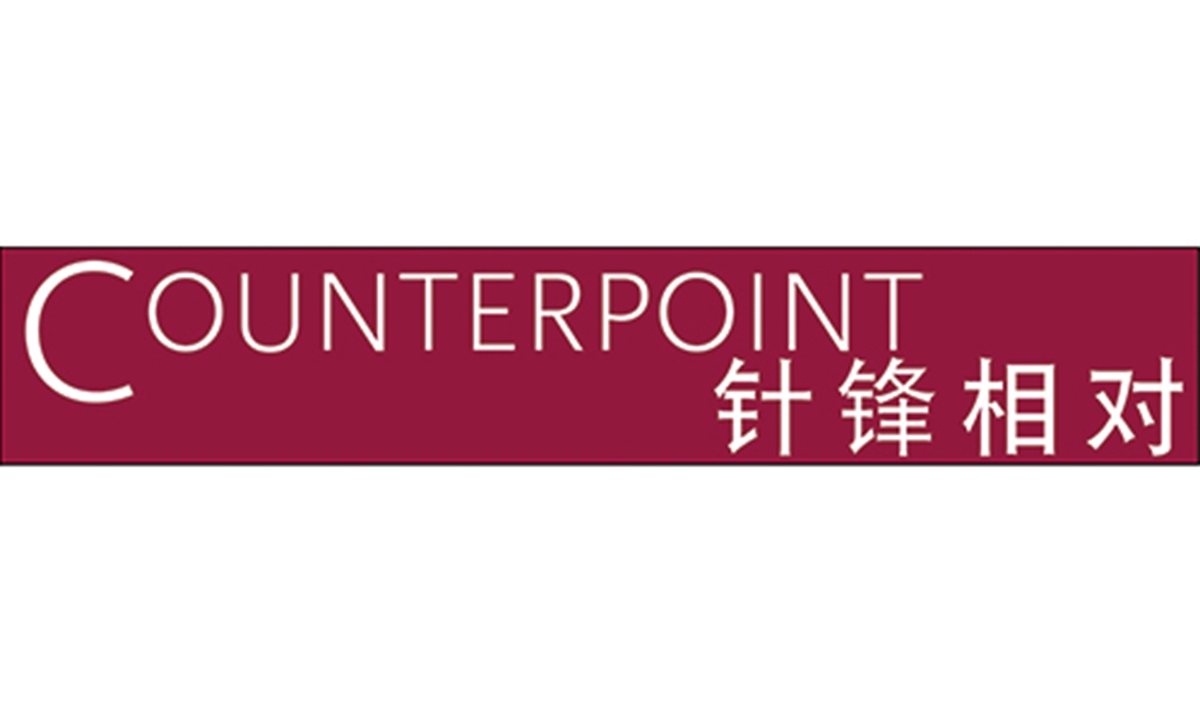EU split on China as Beijing-Washington conflict worsens
Source: Global Times Published: 2020/7/27 20:58:40

The European Council on Foreign Relations, a think tank headquartered in Berlin with offices across Europe, recently conducted research on how most Europeans see China during the novel coronavirus pandemic in nine European Union (EU) member states. In total, 48 percent of respondents' views about China have worsened. To be more specific, in France and Denmark, the percentage hit a high of 62 percent. The figure for Italy was as low as 37 percent.
According to a survey carried out by the German magazine Der Spiegel, around 46 percent of Germans hope Germany to distance itself from China.
European countries' divided stances over China have been highlighted against the backdrop of pandemic. The disease spread severely in EU member states, especially in Italy with the initial stages of the outbreak. At that time, major European powers, such as France and Germany, had limited supplies for fighting COVID-19. At the early stage of the COVID-19 pandemic, major countries such as France and Germany did not give sufficient support to Italy, Spain and other EU countries gravely hit by the virus. This made these countries feel helpless. China's lending a helping hand at that time at least morally boosted China's popularity among the people of these countries, such as Italy.

Illustration: Liu Rui/GT
Major EU powers, like France and Germany, feel unhappy over China's assistance to Europe and of related coverage in Chinese media. Some of them believe China wanted to sow discord among EU members. They argue that the crisis allowed China to expand its influence in Europe. Certain Western media's rhetoric such as "mask diplomacy" deepened negative views toward China in the eyes of some Europeans.
France and Germany and other major EU powers promote European integration and cohesion. But this idea of unity is challenged, and has been since the early stages of the pandemic. Hence, their claims that "China attempts to divide Europeans during the crisis" can be seen as a tactic to strengthen internal unity.
Furthermore, the US is pursuing a tougher China policy. As it does so, it is also making more of an effort to persuade its European allies to take measures that are consistent with the US. Europeans' sentiments toward China, to some extent, are influenced by the US.
Additionally, Europe's suspicion about China derives from their divergences in ideology, political systems, and other elements of culture. These have contributed to the recent loud noise of criticism of China in Europe. Yet every country has different interests and strategic considerations compared with others; and therefore their attitudes and positions toward China vary.
The EU's mistrust of China will deteriorate people-to-people cooperation between the two sides, and further impair collaboration.
With tensions between China and the US ramping up, some US politicians such as Secretary of State Mike Pompeo, have repeatedly spared no effort to attract European allies to join in its camp to confront China. In the meanwhile, spats between Europe and the US have intensified - Paris and Berlin seem to be seeking to become more independent from Washington.
In this context, as traditional allies, European countries' China policies will be partly affected by the US. But they have their own considerations. Europeans will be wise in how they deal with the pressure piled by the US toward their China policy. Europe will not take sides between China and the US without a hitch. European countries may even take advantage of the confrontation between the two largest economies in an attempt to seek maximum benefits.
China and the EU are strategic partners, whose consensus outweighs their divergence. The bilateral ties impact not only the two sides, but also global governance. Instead of being negatively influenced by their differences, Beijing and Brussels should maintain their friendly relationship and promote their coordination.
The article was compiled by Global Times reporter Lu Yuanzhi based on an interview with Ding Chun, director of the Center for European Studies at Fudan University. opinion@globaltimes.com.cn
RELATED ARTICLES:
Posted in: VIEWPOINT,COUNTERPOINT